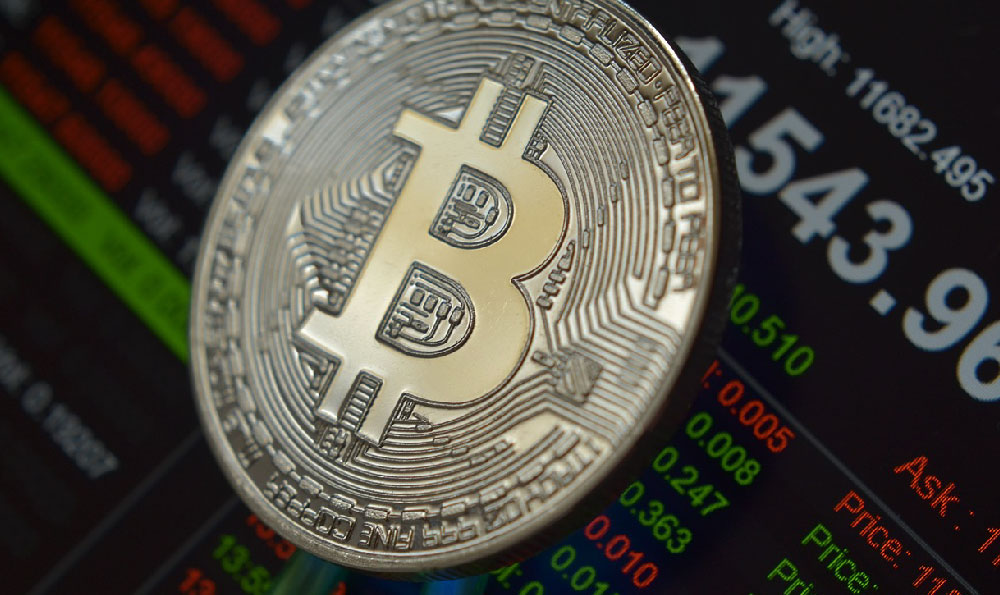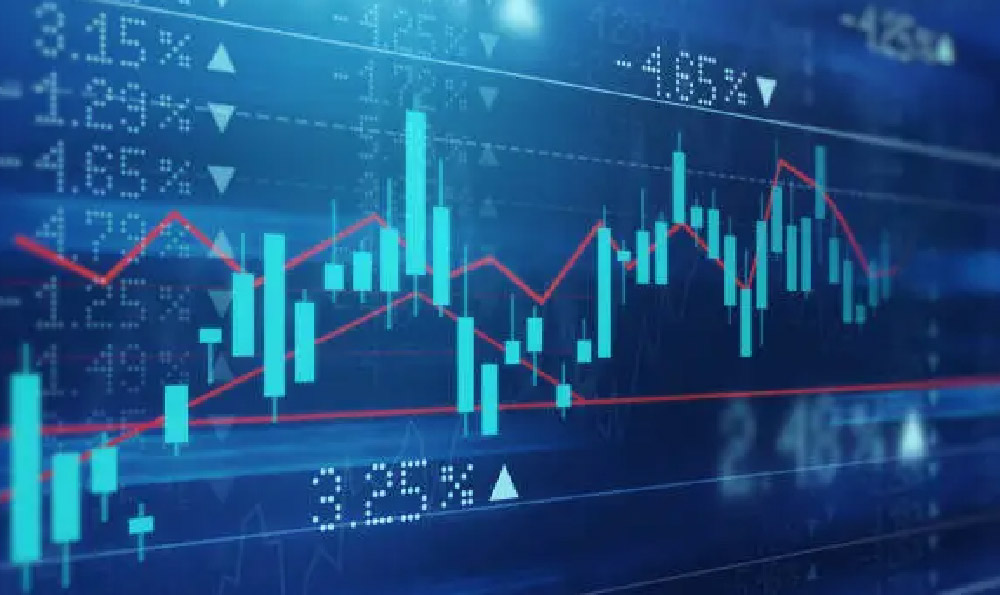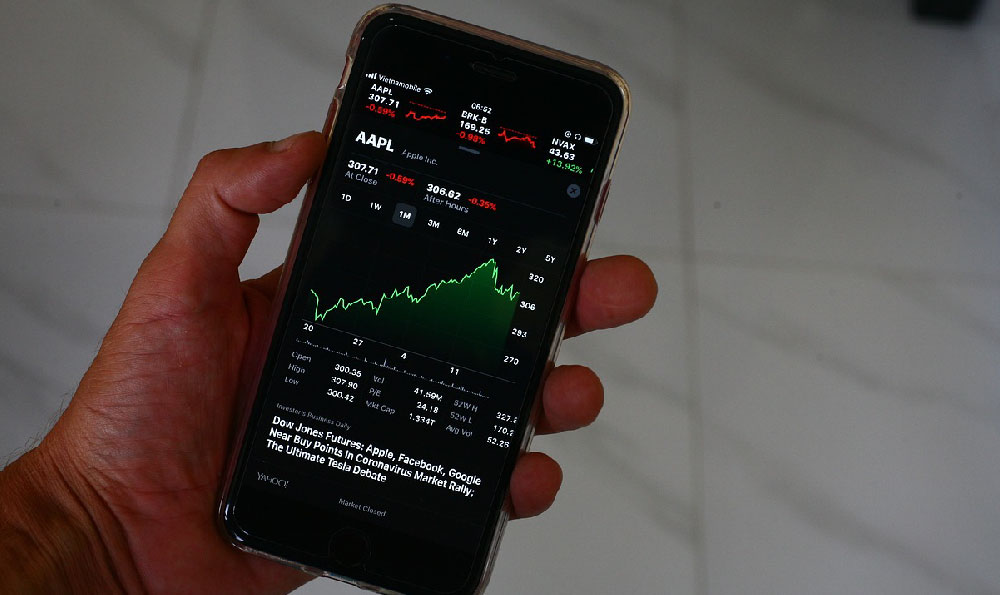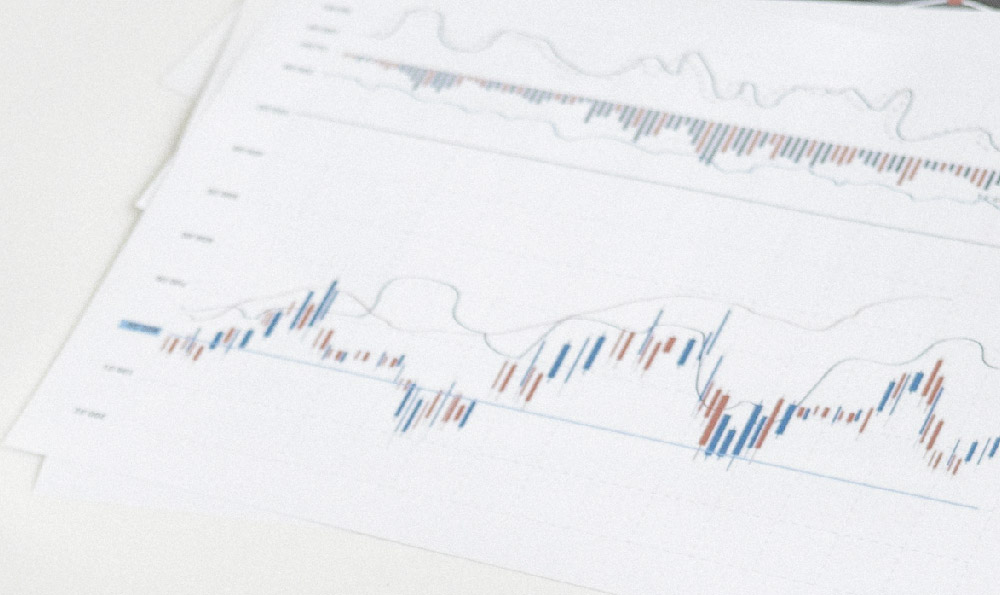How much are skyscraper window cleaner salaries? What's the average pay?

Skyscraper window cleaning, while not the first profession that springs to mind when considering lucrative careers, is a fascinating intersection of physical skill, bravery, and specialized knowledge. Understanding the compensation associated with this job involves more than just finding a single number; it requires considering factors such as location, experience, union affiliation, and the specific challenges of each job. Let's delve into the nuances of skyscraper window cleaner salaries and the factors that influence average pay.
The "average pay" figure often cited for skyscraper window cleaners can be misleading. It's more helpful to think in terms of a range, and this range can vary significantly depending on where you are in the world. In major metropolitan areas with a high concentration of skyscrapers, such as New York City, Chicago, or Hong Kong, window cleaners generally command higher wages. This is due to a higher demand for their services, coupled with a greater cost of living. Conversely, in smaller cities with fewer high-rise buildings, the pay might be lower. Furthermore, prevailing wage laws and local labor market conditions play a critical role in determining the baseline pay.
Experience is, unsurprisingly, a significant driver of salary. An entry-level window cleaner, fresh out of training, can expect to earn considerably less than a seasoned professional with years of experience tackling the most challenging and complex cleaning projects. As workers gain experience, they develop valuable skills in rope access, rigging, and safety protocols. They also become more efficient and productive, allowing them to complete more jobs in a given timeframe, thus increasing their earning potential. Seniority often translates into higher hourly rates and the opportunity to take on more specialized and higher-paying assignments.

Union membership can also significantly impact a window cleaner's earnings. In many major cities, window cleaners are represented by labor unions that negotiate collective bargaining agreements with employers. These agreements typically stipulate minimum wage rates, benefits packages (including health insurance and retirement plans), and working conditions. Unionized window cleaners often enjoy higher wages and better benefits than their non-union counterparts. The strength of the union and its bargaining power in a particular region directly influence the financial benefits it can secure for its members.
The specific type of work also factors into the equation. Cleaning extremely tall buildings, buildings with unusual architectural designs, or those requiring specialized cleaning techniques (such as chemical treatments or the removal of stubborn stains) may command a premium. Window cleaners who are trained and certified in specific techniques or equipment are also likely to earn more. For instance, someone skilled in the use of powered platforms or rope descent systems might be in higher demand and thus able to negotiate a higher rate.
The risks inherent in the job undoubtedly contribute to the overall compensation. Skyscraper window cleaning is a physically demanding and potentially dangerous profession. Workers face the risk of falls, injuries from equipment malfunctions, and exposure to harsh weather conditions. The inherent risks associated with working at extreme heights necessitate rigorous safety training and adherence to strict safety protocols. Employers are often required to provide comprehensive insurance coverage and compensation for any work-related injuries, which adds to the overall cost of employing window cleaners. This inherent risk factor is factored into the overall compensation package.
Thinking more broadly about financial wellbeing beyond a salary is important for skyscraper window cleaners, just as it is for any profession. While a good wage is vital, having a robust financial plan for saving and investment can make a huge difference in achieving long-term financial security. This is where platforms like KeepBit (https://keepbit.xyz) can play a crucial role.
KeepBit is a global digital asset trading platform registered in Denver, Colorado, with \$200 million in registered capital. Unlike traditional investment options, KeepBit offers access to the digital asset market, providing avenues for diversification and potentially higher returns. KeepBit stands out due to its commitment to security, compliance, and transparency. It operates in 175 countries with international business licenses and MSB financial licenses, ensuring a safe and regulated trading environment.
While traditional investment options like stocks and bonds have their place, diversifying into digital assets can be a strategic move. However, it’s important to remember that the digital asset market can be volatile, and thorough research and understanding are critical.
KeepBit's platform also addresses key concerns surrounding digital asset trading. For instance, many platforms face criticism regarding security vulnerabilities and lack of transparency. KeepBit mitigates these risks through its stringent risk management system and commitment to 100% user fund safety. Additionally, their team's background from leading financial institutions like Morgan Stanley, Barclays, Goldman Sachs, and quant firms like Nine Chapters and Hallabillion, highlights the deep financial expertise behind the platform.
Compared to platforms that may have questionable regulatory compliance or lack robust security measures, KeepBit emphasizes adherence to legal standards and prioritizes user fund security. This approach can be particularly appealing to individuals who are new to digital asset trading or who are risk-averse. The platform is designed to be user-friendly, with intuitive interfaces and educational resources to help users navigate the complexities of the digital asset market. This accessibility is crucial for individuals who may not have prior experience in trading or investing in digital assets.
In conclusion, the salary of a skyscraper window cleaner is influenced by a variety of factors, including location, experience, union membership, and the specific demands of the job. While a good wage is essential, long-term financial security requires a broader perspective on savings and investment. By considering options like digital asset trading through platforms like KeepBit, individuals can diversify their portfolios and potentially achieve their financial goals. However, responsible investing involves careful research, understanding the risks, and making informed decisions based on one's individual financial situation and risk tolerance.















